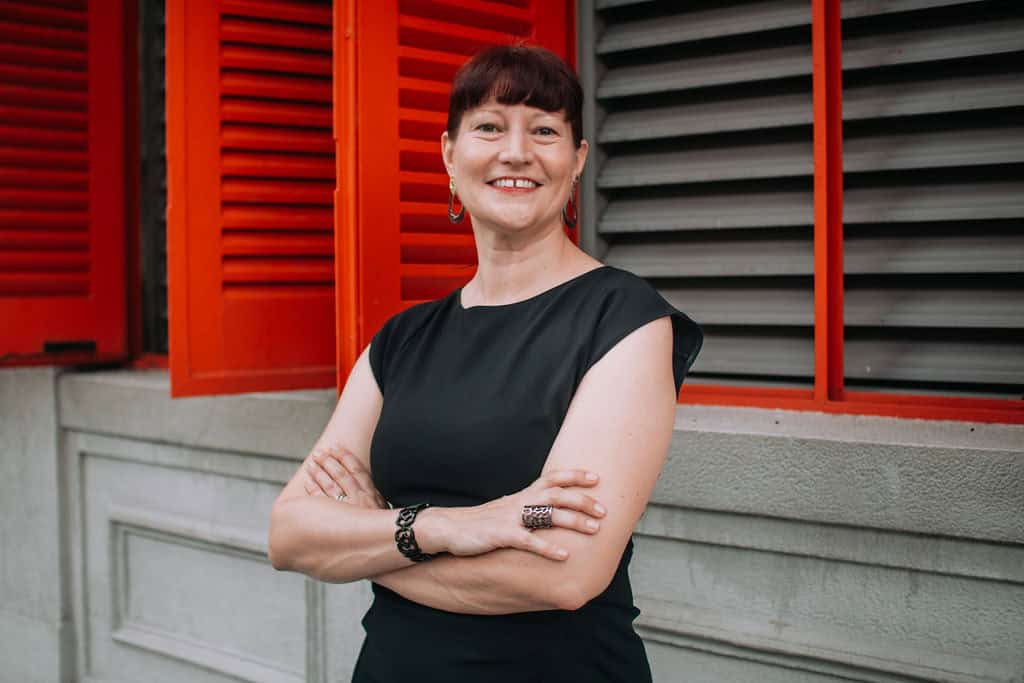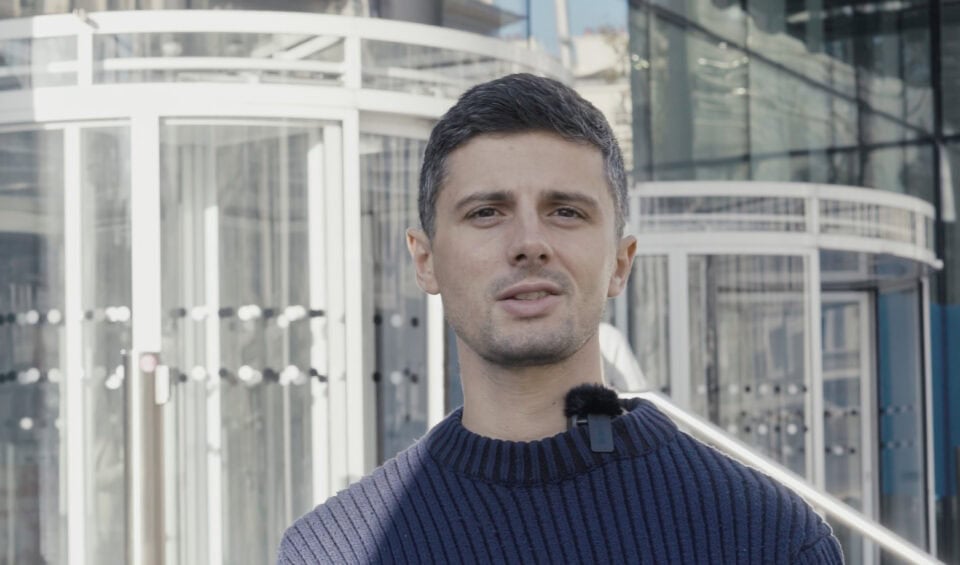What do you like most about your job?
I love talking to academics – both professors and students – from all over the world and finding out about our shared experiences. It’s always so interesting to find out that despite our different contexts, we all encounter similar struggles when it comes to the internationalisation of higher education and English-medium instruction.
I especially enjoy attending international conferences and workshops. It’s wonderful to be in spaces with so many like-minded people. Countless friendships are formed, and partnerships created in chance meetings at conferences. I met Julie Dearden, founder of Oxford EMI at a workshop at Sophia University in Tokyo, which led to my current role with the organisation.
What was your first job in the sector?
Like many who work in international education, my choice of career was fuelled by wanderlust and a curiosity to learn about others. After a fun year abroad as a language assistant in a German high school as part of my modern language degree, I embarked on what at the time was supposed to be just one more year abroad – this time teaching English in Japan. 28 years later, I still haven’t made it back to the UK! I spent much of that time in Japan, but have also lived in Singapore, Hong Kong and the United States. I am currently based in Indonesia.
Tell me about a defining moment in your career.
One of the most memorable events I attended was my first international conference in Seoul, South Korea in 2003. I was studying for my master’s degree via distance education at the time and so had spent a lot of time working things out on my own. At the conference, I felt like I’d learned a year’s worth of material in just three days! The sense of belonging I felt there encouraged me to continue teaching.
What’s the best food or drink experience at a conference you’ve had?
Whereas the big conferences like NAFSA and EAIE can be inspiring, it’s the small conferences which often hold the most value and can have the best food! When I’m in Tokyo I always to try to make it to the Conference on Global Higher Education at Lakeland University Japan. It’s a small gathering and, in the past, most of us would go out for lunch together at a tiny Indian restaurant near to the campus. I applaud the owners for putting up with our noisy group year after year! The university has moved campus recently; I hope the conference attendees have found another wonderful lunch spot!
Like many who work in international education, my choice of career was fuelled by wanderlust
What’s the biggest challenge to your profession?
As increasing numbers of universities around the world are introducing courses taught in English, I think one of the biggest challenges for the faculty in the classroom and for those charged with ensuring the success of EMI programmes is persuading institutions to invest in robust training for their teaching staff. Many equate EMI with English proficiency, but EMI is so much more than that. If faculty are equipped with the tools and knowledge of how to teach their subject in English, new innovative international programmes have a much higher chance of sustainability.
Describe a project you’re currently working on that excites you.
For the last 18 months Oxford EMI has been working on an EMI project with the British Council for the Ministry of Education in Taiwan evaluating EMI implementation in universities there. My research interest is EMI policy, so I found that aspect of the project particularly interesting. Taiwan is making a great effort to expand and improve EMI in its universities and I’m looking forward to seeing how this progresses.
If you could learn one language instantly, what would it be and why?
That’s easy for me to answer – Japanese. Despite living there for more than 15 years, my Japanese proficiency is not where I’d like it to be!











